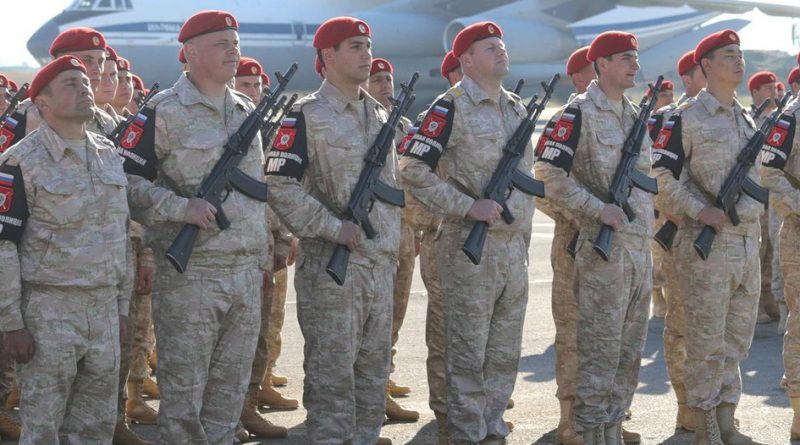Syria Turns to Russia for Aid Under Crippling U.S. Sanctions
Jasmine N. Ortega
Staff Writer
President Bashar al-Assad of Syria has stated intentions to expand business ties with Russia in response to new, crippling U.S. sanctions under the Caesar Act, according to Reuters. The Syrian economy has suffered enormously under these sanctions, as its economy was already struggling prior to implementation of the Caesar Act. According to Reuters, this has resulted in the Syrian lira losing 80 percent of its value. Most citizens are experiencing extreme poverty.
With Turkey occupying northern Syria and U.S. troops stationed in eastern Syria, Assad has had to look to either Russia or Iran for aid, The Jerusalem Post reports. Yet, with Iran struggling to cope with its own grueling round of U.S. sanctions and neighboring Lebanon requiring a bailout of $93 billion, Syria has no choice but to turn to Russia.
Since 2015, Russia has acted as Syria’s primary foreign ally, providing urgently needed military support which has seriously changed the outlook of Syria’s nine-year war with Islamists and U.S.-backed rebels. Yet, these gains have been greatly threatened by the effects of the U.S. Caesar Act. Syrian pro-government analyst Hussam Taleb has stated on Syrian state-sponsored television that the U.S. was “fighting us in our livelihood by passing the Caesar Act to deprive us of our wealth,” Aljazeera reports.
In a statement released by the U.S. Department of State, Secretary of State Mike Pompeo asserted that the sanctions aim to push President Assad into UN-led talks to end the war, which has left hundreds of thousands dead and millions displaced, forced into vastly overcrowded refugee camps. In his statement, Pompeo also references the accounts of the Syrian military defector and whistleblower known only as Caesar, who, for years, has gathered photographic evidence of approximately 55,000 pictures. The evidence reveals that the Syrian government under President Assad is guilty of crimes against humanity and war crimes against the Syrian people, including mass torture, executions, enforced disappearances, and use of chemical weapons, CNN reports.
Yet many analysts fear that the Caesar Act will cause more harm than good for the Syrian people, BBC News explains. The plummeting value of Syrian currency has driven the prices of imported staple foods far beyond the means of most civilians. According to CBS News, Russian Deputy Prime Minister Yuri Borisov has renounced the sanctions, stating that “[the Caesar Act] is a blockade, a destructive position by the United States and Western countries that we are making joint efforts to break through.”
In addition to bolstering economic ties, Syria and Russia have agreed to review energy, mining, and power projects, all key areas of the Syrian economy. They would like to resume oil output but are unable to do so due to Turkey’s occupation of the country’s oil fields. Borisov has stated that Moscow presented proposals in July to expand economic ties and expects an agreement as early as December, Reuters reports. “The government is determined to continue to work with Russian allies to implement signed agreements and to ensure the success of Russian investments in Syria,” President Assad stated, according to Reuters.
According to Aljazeera, Russia is hoping to gain major influence in the surrounding region of the Middle East, as well as a stronger foothold at a naval base in Syria’s Tartus ports. This seems to be part of a larger trend of Russia seeking to expand its overseas interests, as Russian Foreign Minister Sergei Lavrov has expressed a desire to mediate tensions between Cyprus and Northern Cyprus, which some speculate is a move to gain influence in the Mediterranean, according to The Jerusalem Post.


